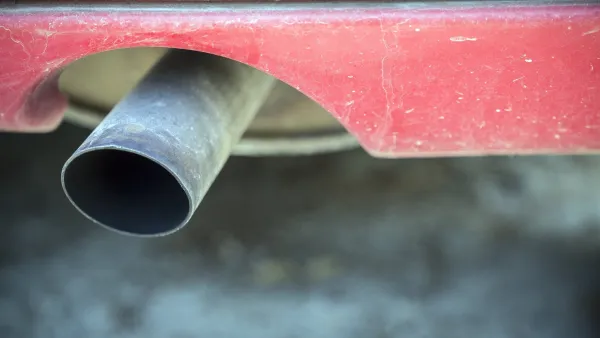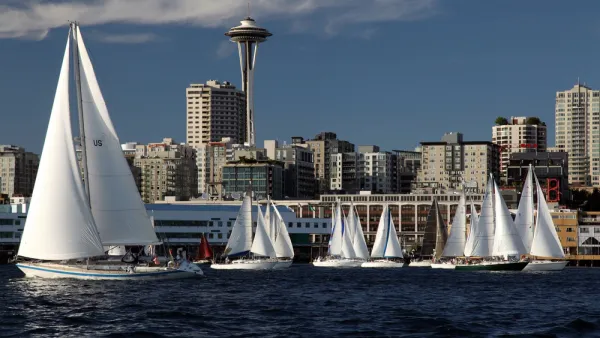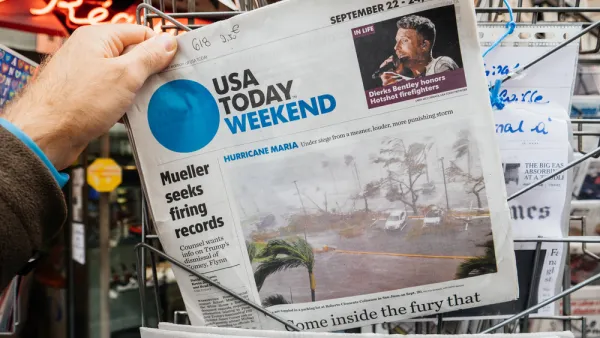Irvin Dawid discovered Planetizen when a classmate in an urban planning lab at San Jose State University shared it with him in 2003. When he left San Jose State that year, he took with him an interest in Planetizen, if not the master's degree in urban & regional planning.
As a long-time environmental activist, he formed the Sustainable Land Use committee for his local Sierra Club chapter and served six years on the Bay Area Air Quality Management District’s Advisory Council from 2002-2008. He maintains his interest in air quality by representing Sierra Club California on the Clean Air Dialogue, a working group of the Calif. Environmental Dialog representing business, regulatory and public health/environmental interests.
Major interests include transportation funding, e.g., gas taxes, vehicle miles traveled (VMT) fees, road tolls and energy subsidies that lead to unlevel playing fields for more sustainable choices.
He hails from Queens (Bayside) and Long Island (Great Neck); received an AAS in Fisheries & Wildlife Technology from SUNY Cobleskill and a B.S. from what is now Excelsior College.
After residing for three years on California’s North Coast, he’s lived on the San Francisco Peninsula since 1983, including 24 years in Palo Alto. Home is now near downtown Burlingame, a short bike-ride to the Caltrain station.
He’s been car-free since driving his 1972 Dodge Tradesman maxi-van, his means to exit Long Island in 1979, to the junkyard in 1988.
Major forms of transportation: A 1991 'citybike' and monthly Caltrain pass, zone 2-2. "It's no LIRR, but it may be the most bike friendly train in America."
Irvin can be reached at [email protected]
Army Corps to the Rescue!
In the wake of the slow response by the Trump Administration to the devastation caused by the category 4 Hurricane Maria's direct hit on Puerto Rico on Sept. 20, the U.S. Army Corps of Engineers has been called to rebuild the infrastructure.

California Mulls Banning Sales of Cars with Internal Combustion Engines
Eying European and Asian countries that have set, or are considering timelines to ban sales of cars that emit greenhouse gases, the California governor asked his chief air regulator to see why California couldn't follow suit.

Could Seattle Be the U.S. Vancouver?
Seattle appears to be following the Vancouver, B.C. model by increasing population and residential density while investing in transit. If it works, traffic congestion will not deteriorate, and vehicle trips should drop.
Maryland's $9 Billion Project Would Be the Nation's Largest P3 for Highways
Gov. Larry Hogan (R-Md.) announced last week plans for the largest highway contract awarded to a public-private partnership: adding four express toll lanes to the Capital Beltway and I-270. A third highway widening will be completed internally.

Without Basic Utilities, Puerto Rican Exodus Expected
Hurricane Maria left the flooded island of 3.4 million American citizens without power, communications, and running water, which may take months before they are restored. An exodus to Florida, which had begun before Maria hit, will likely accelerate.

























